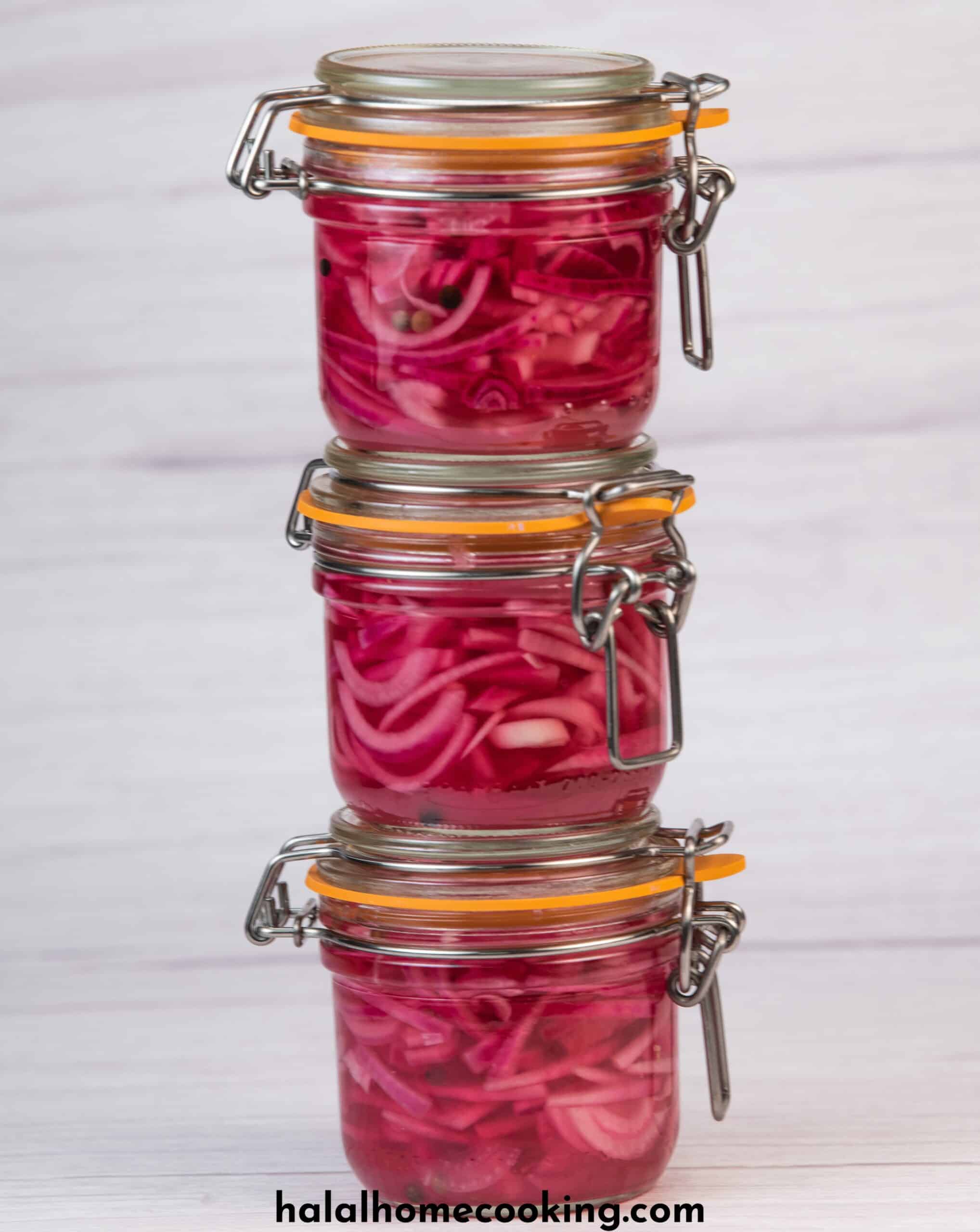Have you ever found yourself wondering whether white wine vinegar is halal or not? As a Muslim, it’s important to ensure that the food and ingredients we consume are permissible according to Islamic dietary laws. White wine vinegar is a commonly used ingredient in many cuisines, adding flavor and tanginess to dishes like salads, marinades, and sauces. However, with its association with alcohol and wine production, there might be some confusion about its halal status.
White wine vinegar is made from the fermentation process of white wine or grape juice. During this process, yeast converts the sugar in the grapes into alcohol through a series of chemical reactions known as acetic fermentation. Then, bacteria called acetobacter convert the alcohol into acetic acid, resulting in vinegar.
Islamic scholars have different opinions regarding the permissibility of consuming vinegar made from an alcoholic beverage. According to Abu Hanifa – one of the four major Sunni jurists – any liquid that undergoes complete transformation due to natural processes becomes permissible for consumption. Therefore, since white wine entirely transforms during fermentation into acetic acid (vinegar), it can be considered halal.
However, conjectures arise when pondering on wines that do not fully convert into diluted acids, making them unsuitable for intoxication. Hence fermented extracts that maintain traces of alcohol cannot secure Halal endorsement by Allah Almighty because they contain derivatives detrimental to spiritual wellbeing if consumed more than 1%.
So where does this leave us with white wine vinegar? Is it truly halal?
The majority consensus among Islamic scholars worldwide declares that all forms of naturally produced vinegar are indeed permissible (halal) for consumption even if they were initially derived from an alcoholic substance. In addition, the small amounts (in single digits) contained won’t cause intoxication (such being essential in Arabic).
It’s worth noting that there are other types of non-alcoholic vinegars available such as distilled white vinegar (made from grain alcohol), rice vinegar (made from fermented rice), cider vinegar (made from fermented apple juice), and malt vinegar (made from barley malt). These alternatives can be used in cooking as well, offering the same tanginess and flavor as white wine vinegar but without any potential concerns regarding their halal status.
Ultimately, halal consumers need to make informed decisions about the ingredients they use. Reading labels, conducting research, and seeking guidance from trusted Islamic scholars are all valuable steps toward ensuring we adhere to our religious beliefs while enjoying a diverse range of flavors in our meals.
Also See: Is Red Wine Halal?
Is White Wine Vinegar Halal in Sunni?
White wine vinegar is not considered halal in Sunni Islam. This is because it is made from the fermentation of white wine, which contains alcohol. Alcohol is haram, or forbidden, in Islamic teachings. While the alcohol content in white wine vinegar may be minimal, it still comes from a source that is considered haram. As an alternative, halal practices recommend using other types of vinegar such as distilled white vinegar, cider vinegar, or rice vinegar for cooking and flavoring purposes.
Is White Wine Vinegar Halal in Shia?
White wine vinegar is considered halal in Shia Islam, as long as it is produced through a permissible method and does not contain any haram (forbidden) ingredients. White wine vinegar is made from the acetic fermentation of white wine, where alcohol is converted into acetic acid. This process removes the alcohol content and makes it permissible for consumption. Islamic scholars have stated that as long as the final product does not intoxicate and contains no traces of haram substances, it can be considered halal. Therefore, white wine vinegar can be used in cooking and consumed by Shia Muslims without any concerns about its halal status.
Is White Wine Vinegar Halal in Hanafi?
According to the Hanafi school of thought, white wine vinegar is considered halal. This is because, during the process of fermentation, the alcohol in the wine undergoes a chemical transformation and becomes acetic acid. As a result, it loses its intoxicating properties and is no longer considered haram. Therefore, white wine vinegar can be consumed by Muslims following the Hanafi madhab as a permissible ingredient in cooking or condiments. However, halal consumers need to ensure that they are purchasing authentic white wine vinegar made from grapes rather than imitations made from other sources such as rice or cider vinegar.
Is White Balsamic Vinegar Halal?
There is no definitive answer as it depends on the production process and any additives used. It is advisable to check the specific brand’s ingredients and consult a knowledgeable authority for verification.
Is Tesco White Wine Vinegar Halal?
Yes, Tesco’s brand of White Wine Vinegar is considered halal and suitable for consumption by Muslims.
Is Asda White Wine Vinegar Halal?
Yes, Asda’s brand of White Wine Vinegar is considered halal and suitable for consumption by Muslims.


